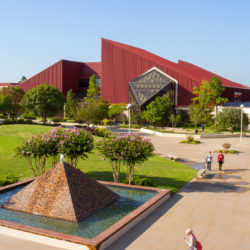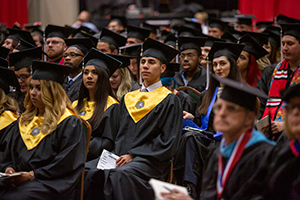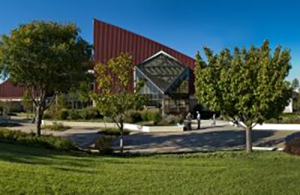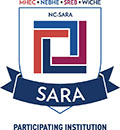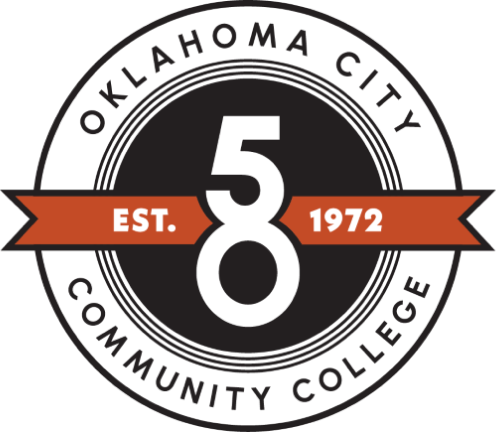Pandemic Ten things you need to know about pandemic influenza
Pandemic
- 2009 H1N1 Flu (Swine Flu)
- Basic Components of Pandemic Flu Planning
- Checklists
- Disease, Prevention, Preparedness
- Frequently Asked Questions
- Good Health Habits for Preventing the Flu
- Guillain-Barr Syndrome (GBS)
- H1N1 Influenza Vaccine FAQ’s
- Helpful Links
- Individuals & Families Planning
- Key Facts about Influenza (Flu) Vaccine
- Oklahoma State and Local Planning
- Oklahoma State and Local Planning & Response Activities
- Pandemic Flu Planning
- Ten things you need to know about pandemic influenza
- Terms and Facts
- The Great Pandemic of 1918
- What is a pandemic?
Ten things you need to know about pandemic influenza
From the World Health Organization (WHO), Oct. 14, 2005
-
Pandemic influenza is different from avian influenza.
Avian influenza refers to a large group of different influenza viruses that primarily affect birds. On rare occasions, these bird viruses can infect other species, including pigs and humans. The vast majority of avian influenza viruses do not infect humans. An influenza pandemic happens when a new subtype emerges that has not previously circulated in humans.
For this reason, avian H5N1 is a strain with pandemic potential, since it might ultimately adapt into a strain that is contagious among humans. Once this adaptation occurs, it will no longer be a bird virus--it will be a human influenza virus. Influenza pandemics are caused by new influenza viruses that have adapted to humans.
-
Influenza pandemics are recurring events.
An influenza pandemic is a rare but recurrent event. Three pandemics occurred in the previous century: Spanish influenza in 1918, Asian influenza in 1957, and Hong Kong influenza in 1968. The 1918 pandemic killed an estimated 40 50 million people worldwide. That pandemic, which was exceptional, is considered one of the deadliest disease events in human history. Subsequent pandemics were much milder, with an estimated 2 million deaths in 1957 and 1 million deaths in 1968.
A pandemic occurs when a new influenza virus emerges and starts spreading as easily as normal influenza by coughing and sneezing. Because the virus is new, the human immune system will have no pre-existing immunity. This makes it likely that people who contract pandemic influenza will experience more serious disease than that caused by normal influenza.
-
The world may be on the brink of another pandemic.
Health experts have been monitoring a new and extremely severe influenza virus the H5N1 strain for almost eight years. The H5N1 strain first infected humans in Hong Kong in 1997, causing 18 cases, including six deaths. Since mid-2003, this virus has caused the largest and most severe outbreaks in poultry on record. In December 2003, infections in people exposed to sick birds were identified.
Since then, over 100 human cases have been laboratory confirmed in four Asian countries (Cambodia, Indonesia, Thailand, and Viet Nam), and more than half of these people have died. Most cases have occurred in previously healthy children and young adults. Fortunately, the virus does not jump easily from birds to humans or spread readily and sustainably among humans. Should H5N1 evolve to a form as contagious as normal influenza, a pandemic could begin.
-
All countries will be affected.
Once a fully contagious virus emerges, its global spread is considered inevitable. Countries might, through measures such as border closures and travel restrictions, delay arrival of the virus, but cannot stop it. The pandemics of the previous century encircled the globe in 6 to 9 months, even when most international travel was by ship. Given the speed and volume of international air travel today, the virus could spread more rapidly, possibly reaching all continents in less than 3 months.
-
Widespread illness will occur.
Because most people will have no immunity to the pandemic virus, infection and illness rates are expected to be higher than during seasonal epidemics of normal influenza. Current projections for the next pandemic estimate that a substantial percentage of the world s population will require some form of medical care. Few countries have the staff, facilities, equipment, and hospital beds needed to cope with large numbers of people who suddenly fall ill.
-
Medical supplies will be inadequate.
Supplies of vaccines and antiviral drugs the two most important medical interventions for reducing illness and deaths during a pandemic will be inadequate in all countries at the start of a pandemic and for many months thereafter. Inadequate supplies of vaccines are of particular concern, as vaccines are considered the first line of defense for protecting populations. On present trends, many developing countries will have no access to vaccines throughout the duration of a pandemic.
-
Large numbers of deaths will occur.
Historically, the number of deaths during a pandemic has varied greatly. Death rates are largely determined by four factors: the number of people who become infected, the virulence of the virus, the underlying characteristics and vulnerability of affected populations, and the effectiveness of preventive measures. Accurate predictions of mortality cannot be made before the pandemic virus emerges and begins to spread. All estimates of the number of deaths are purely speculative.
WHO has used a relatively conservative estimate from 2 million to 7.4 million deaths because it provides a useful and plausible planning target. This estimate is based on the comparatively mild 1957 pandemic. Estimates based on a more virulent virus, closer to the one seen in 1918, have been made and are much higher. However, the 1918 pandemic was considered exceptional.
-
Economic and social disruption will be great.
High rates of illness and worker absenteeism are expected, and these will contribute to social and economic disruption. Past pandemics have spread globally in two and sometimes three waves. Not all parts of the world or of a single country are expected to be severely affected at the same time. Social and economic disruptions could be temporary, but may be amplified in today s closely interrelated and interdependent systems of trade and commerce. Social disruption may be greatest when rates of absenteeism impair essential services, such as power, transportation, and communications.
-
Every country must be prepared.
WHO has issued a series of recommended strategic actions [pdf 113kb] for responding to the influenza pandemic threat. The actions are designed to provide different layers of defense that reflect the complexity of the evolving situation. Recommended actions are different for the present phase of pandemic alert, the emergence of a pandemic virus, and the declaration of a pandemic and its subsequent international spread.
-
WHO will alert the world when the pandemic threat increases.
WHO works closely with ministries of health and various public health organizations to support countries' surveillance of circulating influenza strains. A sensitive surveillance system that can detect emerging influenza strains is essential for the rapid detection of a pandemic virus.
Six distinct phases have been defined to facilitate pandemic preparedness planning, with roles defined for governments, industry, and WHO. The present situation is categorized as phase 3: a virus new to humans is causing infections, but does not spread easily from one person to another.
